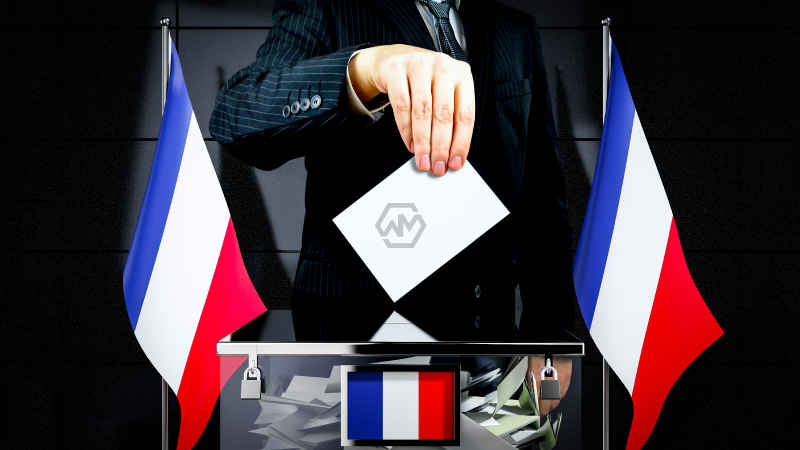- France holds snap parliamentary elections with high stakes.
- Marine Le Pen’s far-right National Rally (RN) eyes historic win.
- Economic woes and political instability fuel RN’s surge in popularity.
France is currently in the midst of critical snap parliamentary elections, with the potential for the far-right National Rally (RN) to achieve an unprecedented victory. Marine Le Pen’s party has seen a surge in support, driven by economic challenges and rising living costs, despite President Emmanuel Macron’s efforts to counter its influence.
As tensions rise, the election has sparked concerns over increasing hate speech and political instability. Many fear that an RN victory could lead to a hung National Assembly, causing legislative gridlock and potential societal upheaval.
France’s Political Crossroads: Snap Elections and Far-Right Ambitions
The French snap parliamentary elections are drawing international attention as Marine Le Pen’s far-right National Rally (RN) seeks to capitalize on economic discontent and political fatigue. With 49 million eligible voters, the elections could mark a significant shift in French politics, potentially placing the RN in power for the first time since World War II. Early voting in overseas territories has already shown higher turnout compared to previous elections.
President Emmanuel Macron’s decision to call for snap elections followed the RN’s strong performance in recent European Parliament elections. This move, intended to secure a stronger mandate for his centrist government, has instead emboldened the far-right. Polls suggest the RN is on track to win the largest number of seats, although achieving an outright majority remains uncertain. If successful, Jordan Bardella, a young and inexperienced protege of Le Pen, could become prime minister.
The campaign has been marred by a rise in hate speech and intolerance, reflecting deep societal divides. Activists and various civil society groups have mobilized against the RN, warning that its rise could undo decades of progress in social and economic policies. The far-right’s focus on immigration control, law and order, and economic reforms has resonated with voters frustrated by current challenges, including high inflation and energy costs.
Amidst this charged atmosphere, the potential for political deadlock looms large. Analysts predict that a hung National Assembly could lead to significant legislative challenges and instability. Macron’s centrist alliance has struggled to maintain support, while left-wing parties have united to form the New Popular Front, drawing historical parallels to coalitions formed against fascism in the 1930s. The second round of voting will be crucial in determining France’s political trajectory.
“Yielding any power to it means nothing less than taking the risk of seeing everything that has been built and conquered over more than two and a half centuries gradually being undone,”



